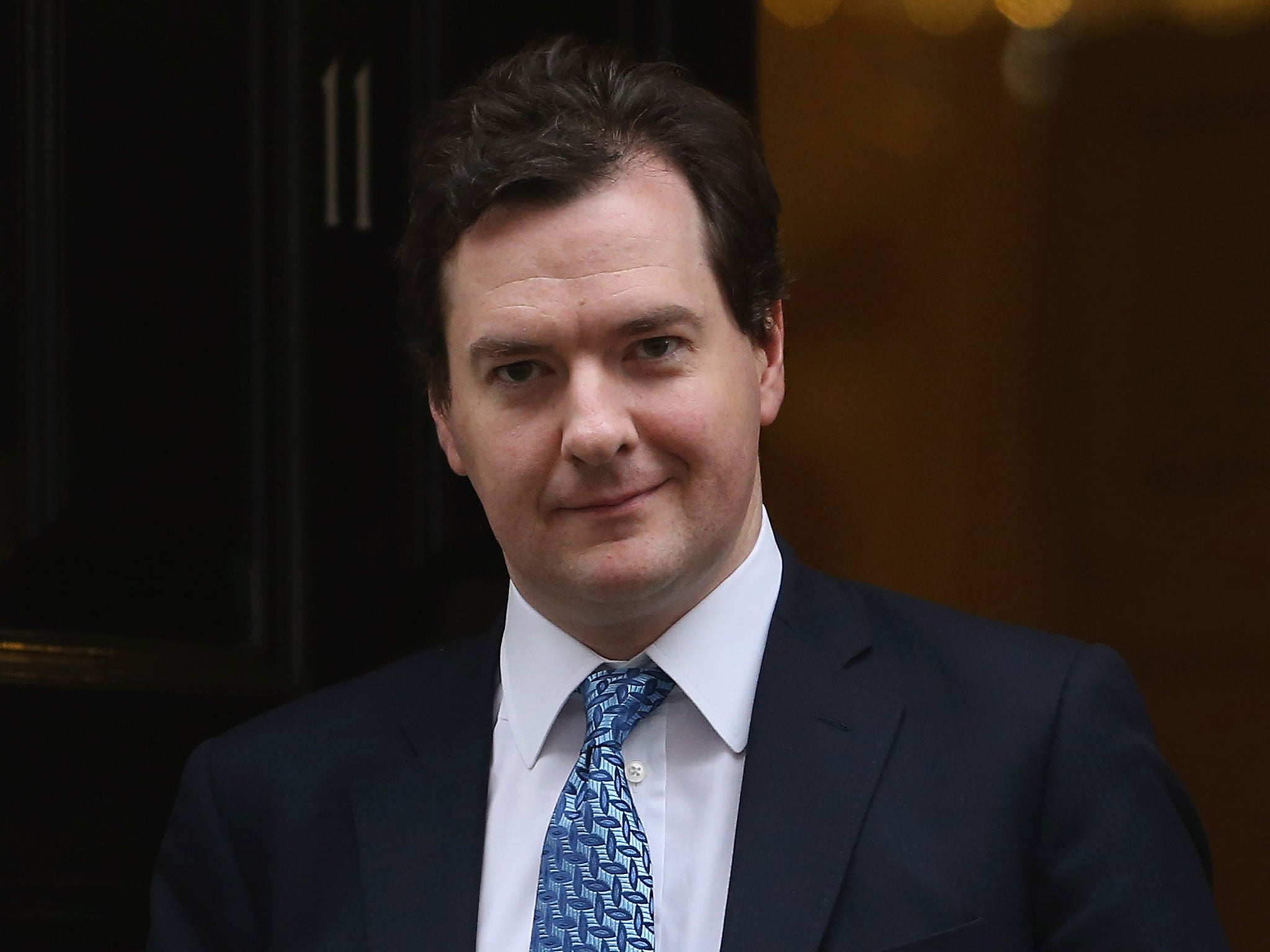Inside Whitehall: Aid argument is not straightforward in Africa
There is a widespread view that Western threats to cut aid have pushed back gay rights

Your support helps us to tell the story
From reproductive rights to climate change to Big Tech, The Independent is on the ground when the story is developing. Whether it's investigating the financials of Elon Musk's pro-Trump PAC or producing our latest documentary, 'The A Word', which shines a light on the American women fighting for reproductive rights, we know how important it is to parse out the facts from the messaging.
At such a critical moment in US history, we need reporters on the ground. Your donation allows us to keep sending journalists to speak to both sides of the story.
The Independent is trusted by Americans across the entire political spectrum. And unlike many other quality news outlets, we choose not to lock Americans out of our reporting and analysis with paywalls. We believe quality journalism should be available to everyone, paid for by those who can afford it.
Your support makes all the difference.When George Osborne delivers his fifth Budget today, there will be only one Government department with reason to be cheerful.
While the Chancellor is expected to announce better-than-expected growth forecasts, there will be no additional public spending largesse. The only exception will be the Department for International Development.
Under the Government’s commitment to spend 0.7 per cent of gross national income on overseas aid, the faster the economy grows the bigger the aid budget becomes. As a result, DfID’s £10bn budget will increase even beyond the £800m that Mr Osborne announced last December.
But what is the view of the countries it benefits?
Recently I spent a week travelling in Uganda, Kenya and Tanzania – a trip which coincided with two interesting news stories. The first was the decision of President Museveni to sign into law draconian new penalties for homosexuality in Uganda – a country which in 2012 received £94m in bilateral aid from the UK. The second was a belated attempt by the Kenyan President, Uhuru Kenyatta, to reduce Kenya’s public sector wage bill – which now accounts for 53 per cent of the national budget and uses up 55 per cent of the country’s tax income. MPs in Kenya alone are paid more than £100,000-a-year in a country where average earnings are less than £1,000. Britain gave Kenya £102m in aid in 2012.
What struck me, talking to people in the light of these stories, was an argument that Western aid and interventionism has become counterproductive and in some cases harmful.
The argument was twofold. The first was that over the years Western aid has primarily been targeted at basic social services such as health and education (which still accounts for around 50 per cent of DfID’s bilateral aid budget). In the past this was vital because developing countries simply did not have the resources to provide these services themselves. But since then the economies of all three countries had grown exponentially – and such projects, several well-informed people said, were now having the perverse effect of reducing the internal pressures on governments in developing countries to prioritise their own spending.
What pressure was there on MPs in Kenya to reduce their salaries, they asked, if it was Western aid and not the Kenyan Government that was accountable for spending on “public services’? At the same time, it was claimed, Western countries had lagged behind countries such as China in investing in economic infrastructure and trade that was having a far greater effect in increasing long-term and sustainable growth.
The second argument was that aid was still being used to push an “imperialist” Western agenda on Africa. In the case of gay rights there was a perception – not just in Uganda but in Kenya and Tanzania as well – that Western countries were using there aid budgets to push their own moral standards on Africa.
In fact there was a widespread view that the effect of Western threats to curtail aid in the light of the new Ugandan laws had pushed back gay rights in all three countries because it was now only associated with Western intervention.
Now none of this is to say that British aid – or indeed the 0.7 per cent target – is bad policy, and it certainly helps many, many people.
But the idea that it is universally welcomed by recipient countries is not true either. In fact, in the long run attempting to reduce Western aid could be more beneficial to developing countries than trying to increase it.
Join our commenting forum
Join thought-provoking conversations, follow other Independent readers and see their replies
Comments